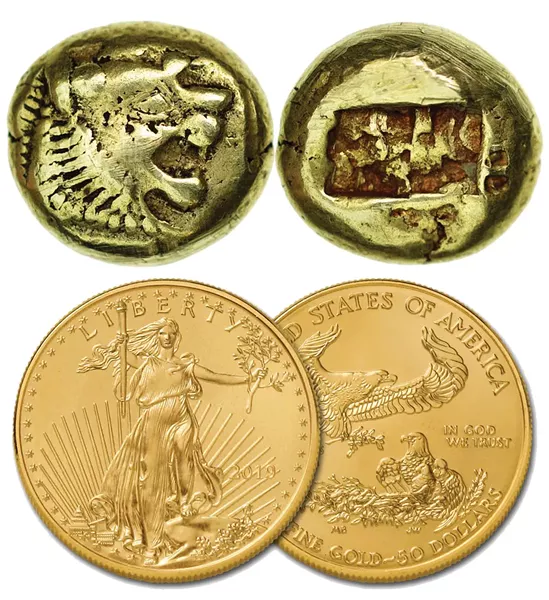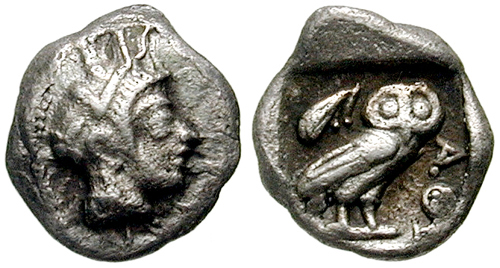Obol
OBOL is a listserv dedicated to birding in Oregon, moderated by the OBA. All are welcome to subscribe and participate in discussions including rare bird alerts, species locations, upcoming events, etc. Spiritual Shrine‣ Special Items 1 Introduction 2 Hermes' Boots 3 Charon's Obol 4 Hedgehog's Curse 5 Calypso's Compass 6 Nerdy Glasses 7 Helios' Blessing 8 Hyperion's Ring 9 Alexander's Obol 10 Khidr's Obol 11 Herodotus's Obol 12 Ponce de Leon's Obol 13 Medivh's Obol 14 Traitor's Obol 15 Trivia Special items are items received after praying at a Spiritual Shrine. They are placed in the slot. During natural disasters like fires, hurricanes, floods, and earthquakes, OBOL is on-call to donate food, crates, blankets, and other life-saving supplies for displaced animals in California, across the United States, and internationally. We are an official service provider of the Red Cross serving shelters, rescue groups, and pet owners affected by disasters.


The obol (Greek: ὀβολός, obolos, also ὀβελός (obelós), ὀβελλός (obellós), ὀδελός (odelós). lit. 'nail, metal spit';[1]Latin: obolus) was a form of ancient Greek currency and weight.
Currency[edit]
Obols were used from early times. According to Plutarch they were originally spits of copper or bronze traded by weight, while six obols make a drachma or a handful, since that was as many as the hand could grasp.[2]Heraklides of Pontus in his work on 'Etymologies' mentions the obols of Heraion and derives the origin of obolos from obelos. This is confirmed by the historian Ephorus on his work On Inventions. Excavations at Argos discovered several dozen of these early obols, dated well before 800 BC; they are now displayed at the Numismatic Museum of Athens. Archaeologists today describe the iron spits as 'utensil-money' since excavated hoards indicate that during the Late Geometric period they were exchanged in handfuls (drachmae) of six spits,[3] they were not used for manufacturing artifacts as metallurgical analyses suggest, but they were most likely used as token-money.[4]Plutarch states the Spartans had an iron obol of four coppers. They retained the cumbersome and impractical bars rather than proper coins to discourage the pursuit of wealth.[5]


In Classical Athens, obols were traded as silvercoins. Six obols made up the drachma. There were also coins worth two obols ('diobol') and three obols ('triobol'). Each obol was divisible into eight 'coppers' (χαλκοί, khalkoí). During this era, an obol purchased a kantharos and chous (3 liters or 6 pints) of wine.[6] Three obols was a standard rate for prostitutes.
Funerary use[edit]
The deceased were buried with an obol placed in the mouth of the corpse, so that—once a deceased's shade reached Hades—they would be able to pay Charon for passage across the river Acheron or Styx. Legend had it that those without enough wealth or whose friends refused to follow proper burial rites were forced to wander the banks of the river for one hundred years until they were allowed to cross it.[7]
Weight[edit]
The obol[8] or obolus[9] was also a measurement of Greek, Roman, and apothecaries'weight.
In ancient Greece, it was generally reckoned as 1⁄6 drachma (c. 0.72 grams (0.025 oz)).[10][11] Under Roman rule, it was defined as 1⁄48 of a Roman ounce or about 0.57 grams (0.020 oz).[12] The apothecaries' system also reckoned the obol or obolus as 1⁄48ounce or 1⁄2scruple.
Literary use[edit]
The obolus, along with the mirror, was a symbol of new schismatic heretics in the short story 'The Theologians' by Argentine author Jorge Luis Borges.[13] In the story's discussion of the circularity of time, eternity, and the transmigration of the soul through several bodies the author uses a quotation of Luke 12:59, mistranslated as 'no one will be released from prison until he has paid the last obolus'[13] since Luke calls the coin a lepton (a somewhat smaller denomination) rather than an obolus.

See also[edit]
- The currency of the United States of the Ionian Islands was called the Obol
- The British halfpenny, also formerly known as the obol[14]
- Obelisks (ὀβελίσκοι, obelískoi), which also derived from the bars or the critical mark
References[edit]
- ^ὀβολός. Liddell, Henry George; Scott, Robert; A Greek–English Lexicon at the Perseus Project.
- ^Plutarch, Parallel Lives, The Life of Lysander, para. 17
- ^Biba Teržan 'L'aristocrazia femminile nella prima età del Ferro'
- ^'The Oxford Handbook of the European Bronze Age' by Harry Fokkens & Anthony Harding
- ^Plutarch, Lycurgus 9
- ^Davidson, James (1998). Courtesans and Fishcakes: The Consuming Passions of Classical Athens. London: Fontana Press. p. 59. ISBN0-00-686343-4.
- ^Virgil, Aeneid 6, 324–330.
- ^Oxford English Dictionary. 'obol, n.'
- ^Oxford English Dictionary. 'obolus, n.'
- ^British Museum Catalogue 11 – Attica Megaris Aegina
- ^Weight Standards and Denominations, Tulane UniversityArchived 2015-05-04 at the Wayback Machine
- ^Sayles, Wayne G. (1997). Ancient coin collecting 3. Iola: Krause Publications. p. 19. ISBN0-87341-533-7.
- ^ abBorges, Jorge Luis (1962). Labyrinths. New York: New Directions Publishing Corporation. pp. 122–24. ISBN978-0-8112-0012-7.
- ^Albert Peel, Seconde parte of a register: being a calendar of manuscripts under that title (Cambridge, England: Cambridge University Press, 2010), p. 175, note.
- 2. Vol. I of the Loeb Classical Library edition, 1914 Plutarch, Lycurgus, 9
External links[edit]
| Wikimedia Commons has media related to Obol. |
- A History of Measures The Use of Obeliskoi
Also found in: Financial, Encyclopedia.
ob·ol
(ŏb′əl) also ob·o·lus(ŏb′ə-ləs)n.pl.ob·ols also ob·o·li(-ə-lī′)ob•ol
(ˈɒb əl)n.
Obol Coin
Want to thank TFD for its existence? Tell a friend about us, add a link to this page, or visit the webmaster's page for free fun content.